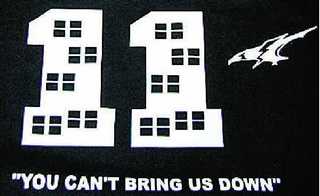DEARBORN, Mich. -- Four Christian missionaries who were arrested at Dearborn's Arab American Festival were arraigned Monday on misdemeanor charges of disturbing the peace.
Charged were Negeen Mayel, Dr. Nabeel Qureshi, Paul Rezkalla and David Wood Mayel, all members of a group called "Acts 17 Apologetics."
Negeen Mayel faces an additional charge of disobeying an officer.
They all pleaded not guilty.
The four were arrested on June 18 while handing out Christian literature and videotaping themselves.
The group said they were arrested over religion, but police insist that it's not true, and continue to stand behind their arrest. Dearborn Mayor Jack O'Reilly defends his police department's arrest, saying he saw the video police confiscated from them and he believes the missionaries came into town to cause trouble.
Dearborn, MI has one of the largest Muslim populations in the United States...and (like most of the country) and these days it seems like if there is a question between Christians and "anybody else", the Christians are going to lose.
BUT...
I'm not sure if this is the case here. There are certainly different accounts.
The four who were arrested were not the only Christians at the festival.
Groups were to get a permit and have a booth...most Christian groups did that.
These four evidently did not get a booth, but they did get a video camera.
There are quotes of them saying things like they had been threatened the year before, so they brought along the video camera...they were there expecting excitement. This is not what missionaries should be after.
Here is a video from 2009:
I see aggression on both sides, I see the Christians being inflammatory. I think that perhaps the arrest was justified, if they were breaking the rules.
Let the courts figure it out.
~~~
On the other hand, here is a t-shirt that was confiscated from Arab students at a Dearborn high school

